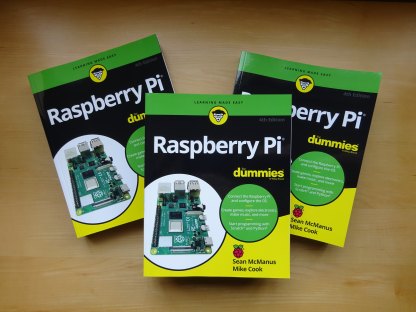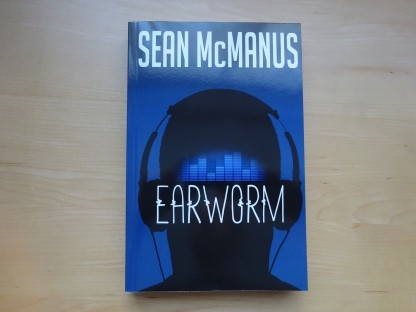
100 Top Tips: Microsoft Excel
Power up your Microsoft Excel skills with this powerful pocket-sized book of tips that will save you time and help you learn more from your spreadsheets.
13 July 2012
Permanent link for this post | Blog Home | Website Home | Email feedback
05 July 2012
When people are starting out, they usually do have to write for free to build up a portfolio of work. But both these examples made me feel uneasy. In the case of a magazine, everyone else gets paid, including the editor, designer, subscription sales team, and distributors, so it’s a bit much that the writers don’t. They’re relying on the fact that a credit in the magazine is good for career development, which it probably is. In a case like this, it’s worth writing for free if that’s consistent with your personal career goals, perhaps to compile a published portfolio so you can approach paid markets, or to build your reputation as an expert. If you're serious about being a professional writer, though, you need to find markets that respect your work and pay accordingly, so unpaid projects should be seen as stepping stones towards that.
In the case of the blog, a successful outlet might boost your reputation and give you some published credits that are widely respected. I didn’t feel that this particular blog carried much weight, though, so I’d recommend investing the time in setting up your own blog instead. If you’re going to make a regular commitment to research and writing, you might as well own the end result of that, and have credit for creating a new online destination, and not just becoming someone else’s unpaid intern.
This probably sounds a bit mercenary, and arguably a lot of the best writing was done for free. Most first novels and many important non-fiction books were written on spec, and there are plenty of bloggers out there who expect no payment in return for excellent work. Money shouldn't be the only concern in what you write, but if you're a professional writer (or aim to be), it has to be a significant one.
Ultimately, it’s a question of who’s asking you to work for free. If you want to work on something unpaid because you want to explore a new idea, medium or genre, go for it. Every writer needs to invest time in creativity and personal development, and in exploring new projects, some of which might not come to anything.
If someone else is asking you to write what they want to be written, you should have a clear idea of what you’re getting in return, and usually, you should expect it to lead to money sooner or later.
Permanent link for this post | Blog Home | Website Home | Email feedback
© Sean McManus. All rights reserved.
Visit www.sean.co.uk for free chapters from Sean's coding books (including Mission Python, Scratch Programming in Easy Steps and Coder Academy) and more!

Power up your Microsoft Excel skills with this powerful pocket-sized book of tips that will save you time and help you learn more from your spreadsheets.

This book, now fully updated for Scratch 3, will take you from the basics of the Scratch language into the depths of its more advanced features. A great way to start programming.

Code a space adventure game in this Python programming book published by No Starch Press.

Discover how to make 3D games, create mazes, build a drum machine, make a game with cartoon animals and more!

Set up your Raspberry Pi, then learn how to use the Linux command line, Scratch, Python, Sonic Pi, Minecraft and electronics projects with it.

In this entertaining techno-thriller, Sean McManus takes a slice through the music industry: from the boardroom to the stage; from the studio to the record fair.